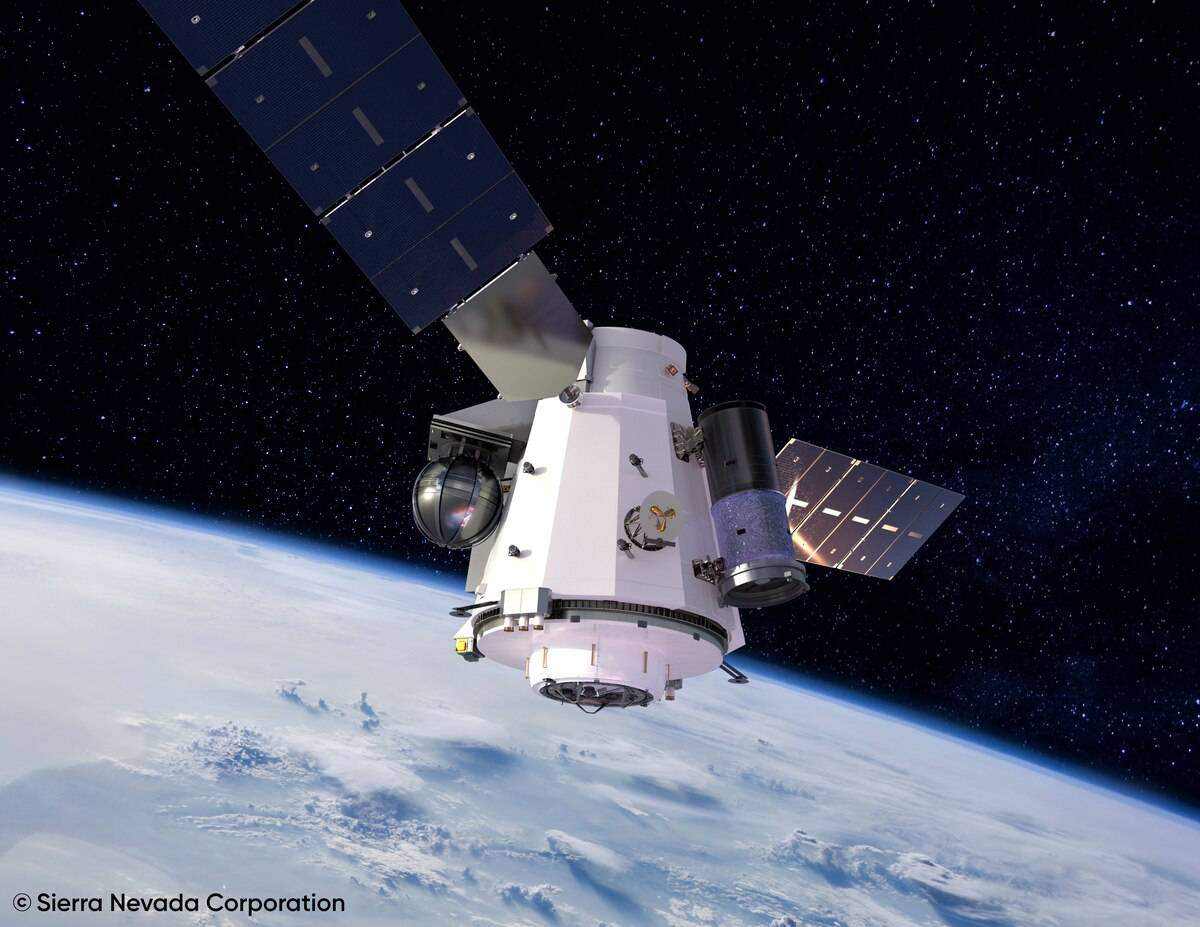Defense Innovation Unit issues contract for unmanned orbital outpost

The Defense Innovation Unit has awarded Sierra Nevada Corporation a contract to build an orbital laboratory that would serve as a kind of unmanned space station, the company announced July 14.
The unmanned orbital outpost will be placed in low Earth orbit to be used for experiments and demonstrations. The autonomous, free flying vehicle will be able to host payloads and support space assembly and manufacturing, microgravity experimentation, logistics, training, testing and evaluations.
Under the contract, Sierra Nevada Corporation will repurpose their Shooting Star transport vehicle into a scalable, autonomous space station that can be used for experiments and demonstrations. The Shooting Star vehicle is a 16-foot attachment to the company’s Dream Chaser space plane that was developed for NASA Commercial Resupply Services 2 missions. The vehicle was initially designed to provide extra payload storage and cargo disposal upon re-entry.
“We’re excited by the multi-mission nature of Shooting Star,” Fatih Ozmen, SNC’s chief executive, said in a statement. “It was originally developed for NASA resupply missions to the International Space Station, and since then we keep identifying new capabilities and solutions it offers to a wide variety of customers.”
The company’s press release notes that while the initial orbital outpost will operate in LEO, future orbits could be placed in other orbits, including cislunar.
“The current Shooting Star is already designed with significant capabilities for an orbital outpost and by adding only a few components we are able to meet Department of Defense needs.” added Steve Lindsey, senior vice president of strategy for SNC’s space systems. “We are proud to offer our transport vehicle to DoD as a free-flying destination for experimentation and testing, expanding beyond its current payload service capabilities for Dream Chaser cargo missions.”
According to the original DIU solicitation released June 2019, orbital outposts will need to be established in low Earth orbit within 24 months of the award. A DIU spokesperson told C4ISRNET at the time that the “the prototype will explore the military utility of exclusive DoD access to an unmanned orbital platform in order to perform experiments with no risk to human crew or other non-DOD payloads.”
Photo: Sierra Nevada Corporation will repurpose their Shooting Star space vehicle into an unmanned orbital outpost for Department of Defense experimentation. (Sierra Nevada Corporation)











